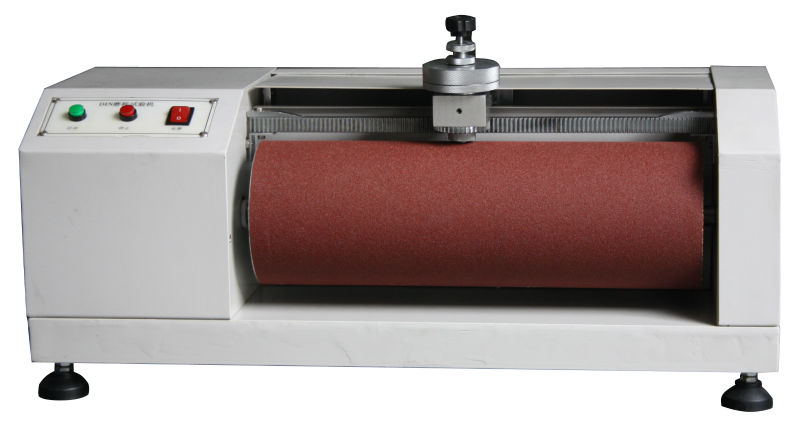
NewsInformation Center
How do you choose the right Din Abrasion Resistance tester?
2023/10/12
The Din Abrasion Resistance tester is a device for measuring and evaluating the abrasion properties of materials under defined conditions. It is designed according to the relevant test standards set by the international DIN (German Industrial Standards).
There are several factors to consider when choosing the right Din Abrasion Resistance tester:
1. Test standard: Determine the test standard you need to comply with, e.g. DIN 53516 (German Standard), which defines the test method for abrasion resistance of rubber materials. Ensure that the chosen abrasion tester complies with this or other applicable standards.
2. Test methods: Learn about the different DIN abrasion test methods. Common methods include flat friction, rolling ball, roller etc. Choose the method that suits the properties of the material you are testing and make sure that the selected instrument is capable of performing the required test method.
3. Instrument Functionality: Consider whether the functionality of the test instrument meets your testing needs. For example, some wear testers can test multiple samples at the same time, have different loading methods and speeds, and can record test data and generate reports. Make sure the equipment you buy has the features you need.
4. Sample size: Determine the range of sample sizes you need to test. Ensure that the test equipment you select can accommodate and fit your sample size.
5. Repeatability and Accuracy: Repeatability and accuracy of your abrasion testing is very important. Choose a proven and widely accepted brand or supplier that offers instruments that typically provide accurate and repeatable test results.
6. Price and budget: Consider your budget range and select a test instrument that meets your budget requirements. But don't focus on price at the expense of quality and reliability.
7. After-sales service and technical support: Choose a reputable supplier who provides perfect after-sales service and technical support. Ensure that you can solve equipment faults and provide professional technical support in time.
To sum up, choosing the right Din Abrasion Resistance tester needs to consider factors such as test standards, test methods, instrument functions, sample size, repeatability and accuracy, price budget, and after-sales service and technical support. It is recommended to have a thorough understanding before purchasing, compare different brands and models, and choose the equipment that best suits your testing needs.
Previous: Fire glove overall waterproof performance tester
N e x t : Brazil on track to replace US as world's top cotton exporter




